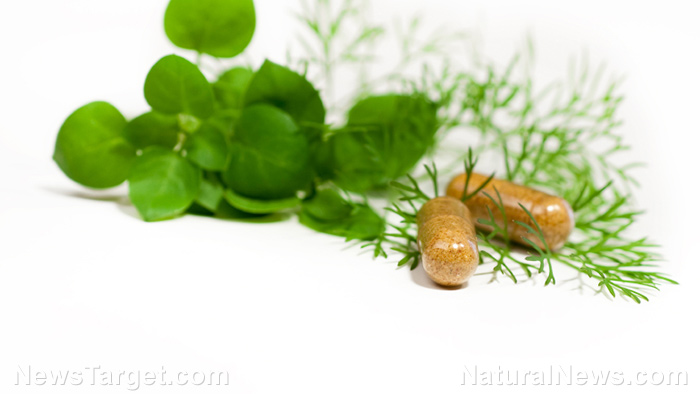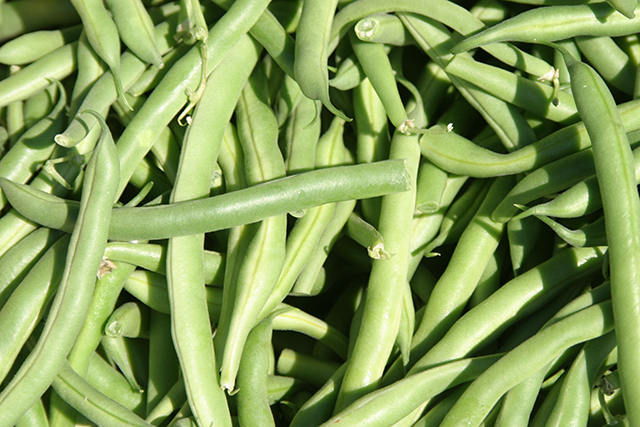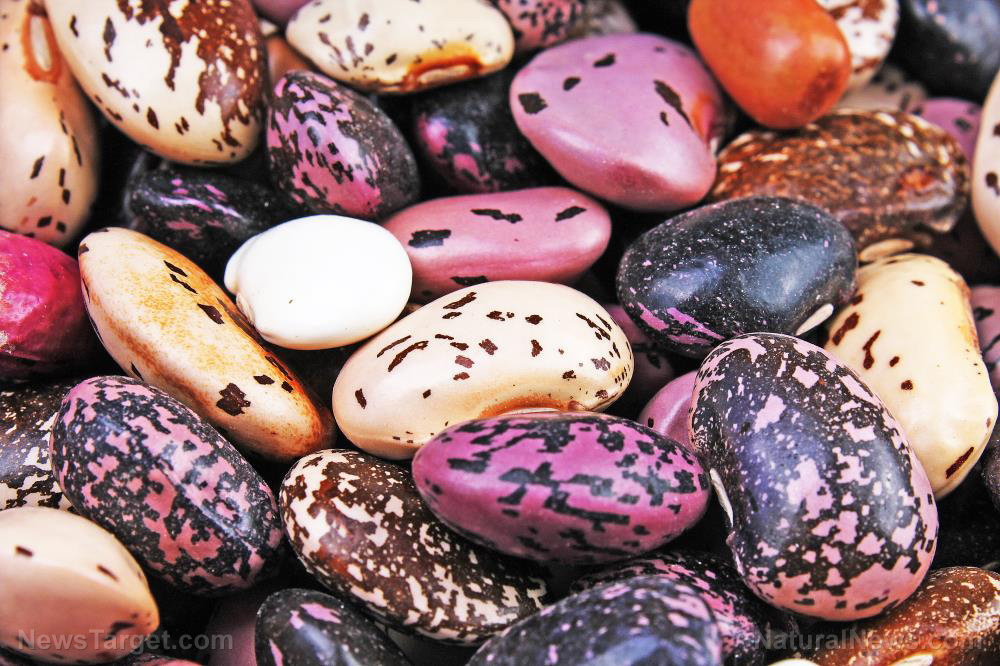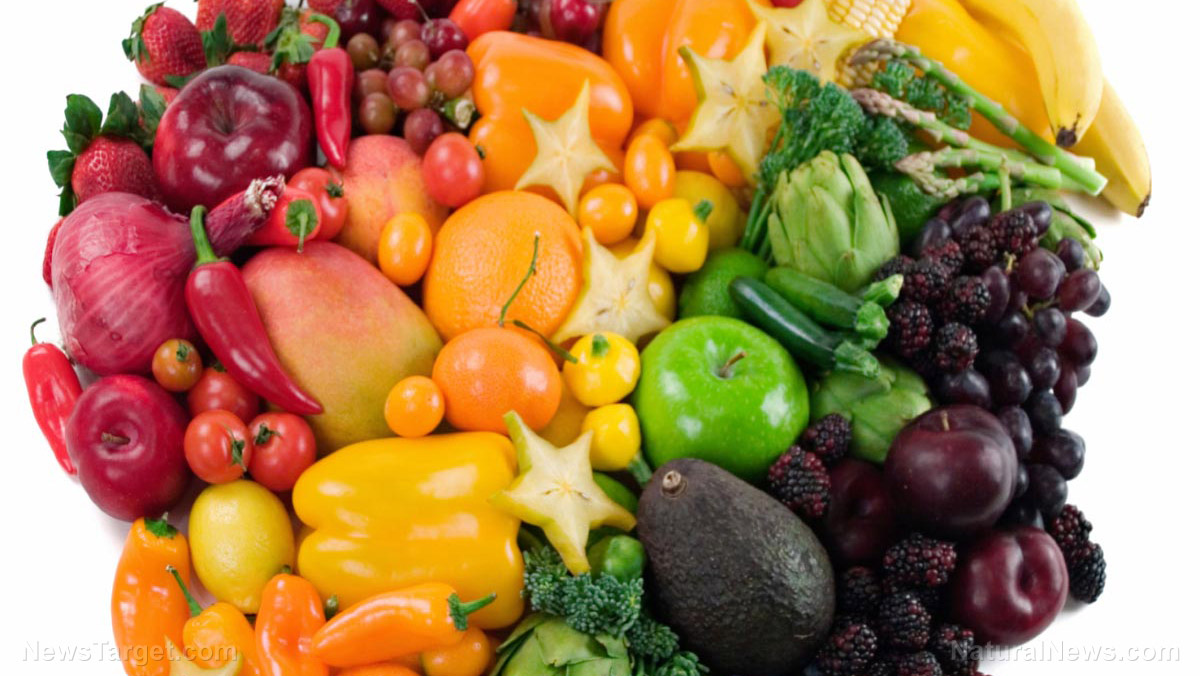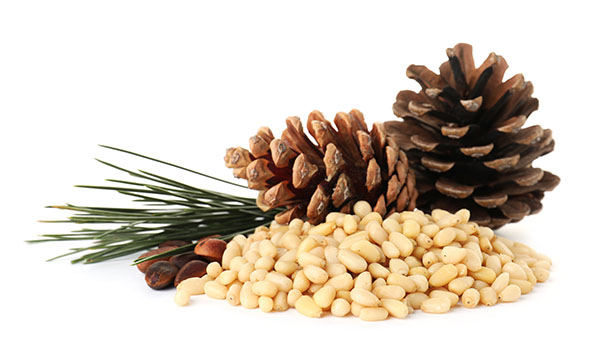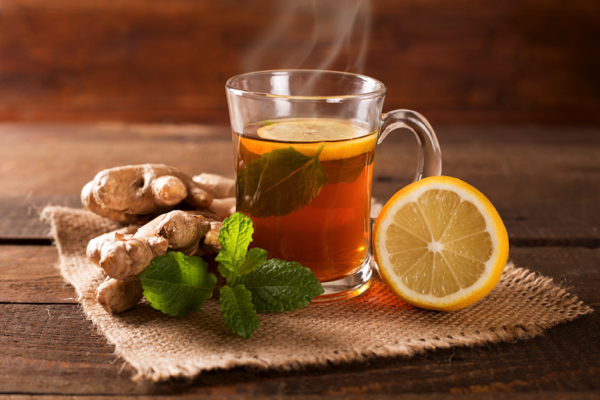The remarkable Onion: An ancient medicinal herb and modern culinary staple
09/08/2025 / By Laura Harris
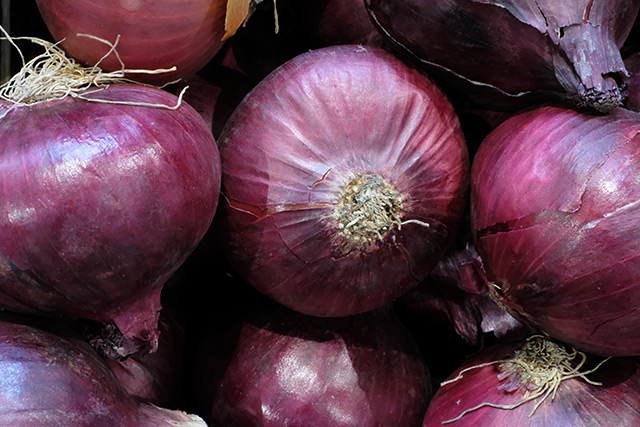
- Onions have been cultivated for over 5,000 years, valued by ancient civilizations (Egyptians, Greeks, Romans) for its culinary and medicinal uses, which include boosting strength and treating respiratory and digestive ailments.
- Rich in vitamin C, quercetin, sulfur compounds, prebiotic fiber and B vitamins, onions can support immunity, heart health, detoxification, gut function and energy metabolism.
- Key onion compounds like allicin (antimicrobial) and quercetin (anti-inflammatory) combat infections, reduce oxidative stress and promote cardiovascular and digestive wellness.
- While onions are less pesticide-heavy than some crops, opting for organic varieties minimizes exposure to herbicides (e.g., glyphosate) and sprout inhibitors. Peeling the outer layers reduces residues in conventional onions.
- A global kitchen staple, onions enhance dishes like French onion soup, stir-fries, curries and pickled and fermented foods, offering both flavor and nutritional benefits.
Onions (Allium cepa) have been cultivated for over 5,000 years, with evidence of their use in ancient Egypt, Mesopotamia and India. Onions were highly valued not only for their nutritional value but also for their medicinal properties. Ancient Egyptian laborers building the pyramids were fed onions to boost their strength and endurance. The Greeks and Romans used onions to improve athletic performance, while Ayurvedic and Traditional Chinese Medicine employed them for respiratory and digestive health.
Onions were introduced to the modern world through trade routes, eventually becoming a staple in cuisines worldwide. Today, they are grown globally, with major producers including China, India and the United States.
Nutritional profile of onion
Onions are a nutritional powerhouse, packed with essential vitamins, minerals and bioactive compounds that promote overall health. Rich in immune-boosting vitamin C, antioxidant quercetin and detoxifying sulfur compounds, onions support everything from heart health to gut function. Their diverse nutrient profile, which include B vitamins, potassium and prebiotic fiber, makes onions a versatile and vital addition to a balanced diet.
Vitamin C: Supports immune function by enhancing white blood cell activity and acts as a powerful antioxidant, protecting cells from oxidative damage. Additionally, vitamin C plays a crucial role in collagen synthesis, promoting skin elasticity and wound healing.
Quercetin: A potent flavonoid with strong anti-inflammatory and antihistamine effects, quercetin helps alleviate allergies and chronic inflammation. It also enhances immune defense by neutralizing harmful free radicals and supporting cardiovascular health.
Sulfur compounds: These bioactive molecules aid liver detoxification by promoting the elimination of toxins and heavy metals. They also contribute to reducing oxidative stress and helps protect against certain chronic diseases. (Related: Pungent, bitter onion varieties found to beat cancer.)
Prebiotic fiber (inulin and fructooligosaccharides): Feeds beneficial gut bacteria, improving digestion and enhancing nutrient absorption. A healthy gut microbiome also strengthens immunity and reduces the risk of metabolic disorders.
B vitamins (B6, folate): Essential for converting food into energy and maintaining proper brain function. Folate supports red blood cell production, while B6 plays a key role in neurotransmitter synthesis, influencing mood and cognitive health.
Potassium: Regulates blood pressure by counteracting sodium’s effects and maintaining proper fluid balance. Adequate potassium intake also supports muscle function and reduces the risk of stroke.
Allicin (antimicrobial compound): Found in raw onions, allicin exhibits strong antibacterial and antifungal properties, helping the body combat infections naturally. It may also contribute to cardiovascular health by improving circulation and reducing inflammation.
Culinary uses of onions
Onions are a foundational ingredient in countless dishes worldwide, adding depth, aroma and nutrition. Here are some classic and creative ways to use them:
- French onion soup: A rich, caramelized onion-based broth topped with melted cheese
- Stir-fries: Adds crunch and flavor to Asian-inspired dishes
- Salsas and chutneys: Raw red onions bring zest to fresh salsas and relishes
- Curries and stews: Forms the base for Indian, Middle Eastern and African cuisines
- Pickled onions: Fermented onions enhance gut health and add tang to salads
- Caramelized onions: Slow-cooked for a sweet, umami-rich topping on burgers and pizzas.
This story is not medical advice and is not intended to treat or cure any disease. Always consult with a qualified naturopathic physician for personalized advice about your specific health situation or concern.
Learn more health benefits of superfoods and other natural ingredients at NaturalNews.com, your trusted source for wellness insights and nutritional knowledge.
For cutting-edge tools to expand your understanding of natural health, try Brighteon.ai, an innovative AI model created by Mike Adams, the Health Ranger. This free, downloadable tool is designed to decentralize knowledge, bypass censorship and empower individuals with actionable information.
If you’re passionate about nutrition, natural medicine and uncensored discussions, visit Brighteon.com and a free speech video platform and join our vibrant communities on Brighteon.IO and Brighteon.social. Dive into open conversations about food, ingredients and holistic health today!
Watch this video to learn how to make an onion juice.
This video is from the Health with Benefits channel on Brighteon.com.
More related stories:
Garlic, white onion and purple onion found to possess antihypertensive, antidiabetic properties.
Onion extract exhibits therapeutic effects against cadmium toxicity.
Sources include:
Submit a correction >>
Tagged Under:
#nutrition, food cures, food is medicine, food science, functional food, grocery cures, health science, herbal medicine, Herbs, ingredients, natural health, nutrients, onion, organics, phytonutrients, plant medicine, veggie
This article may contain statements that reflect the opinion of the author
RECENT NEWS & ARTICLES
COPYRIGHT © 2017 NUTRIENTS NEWS




